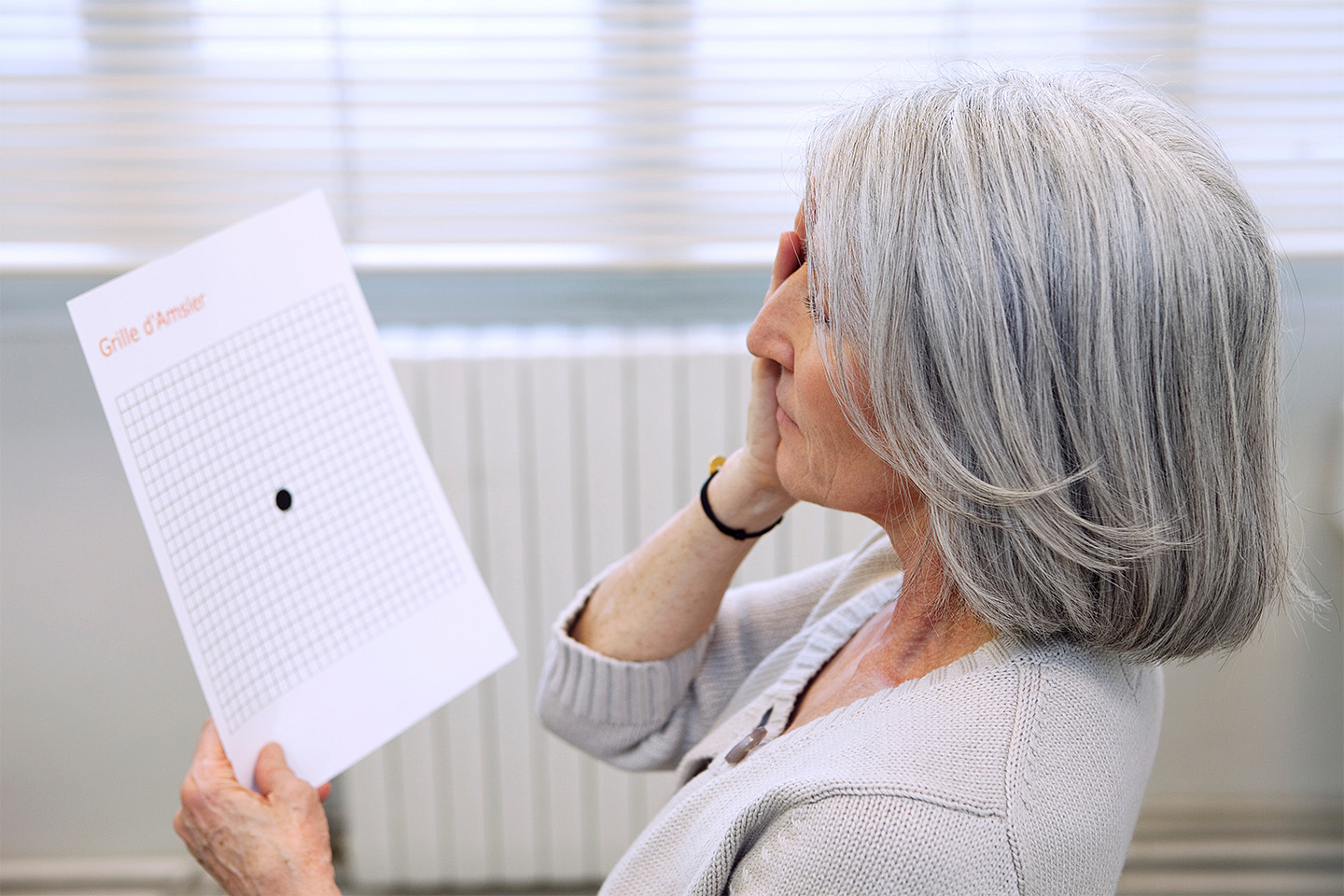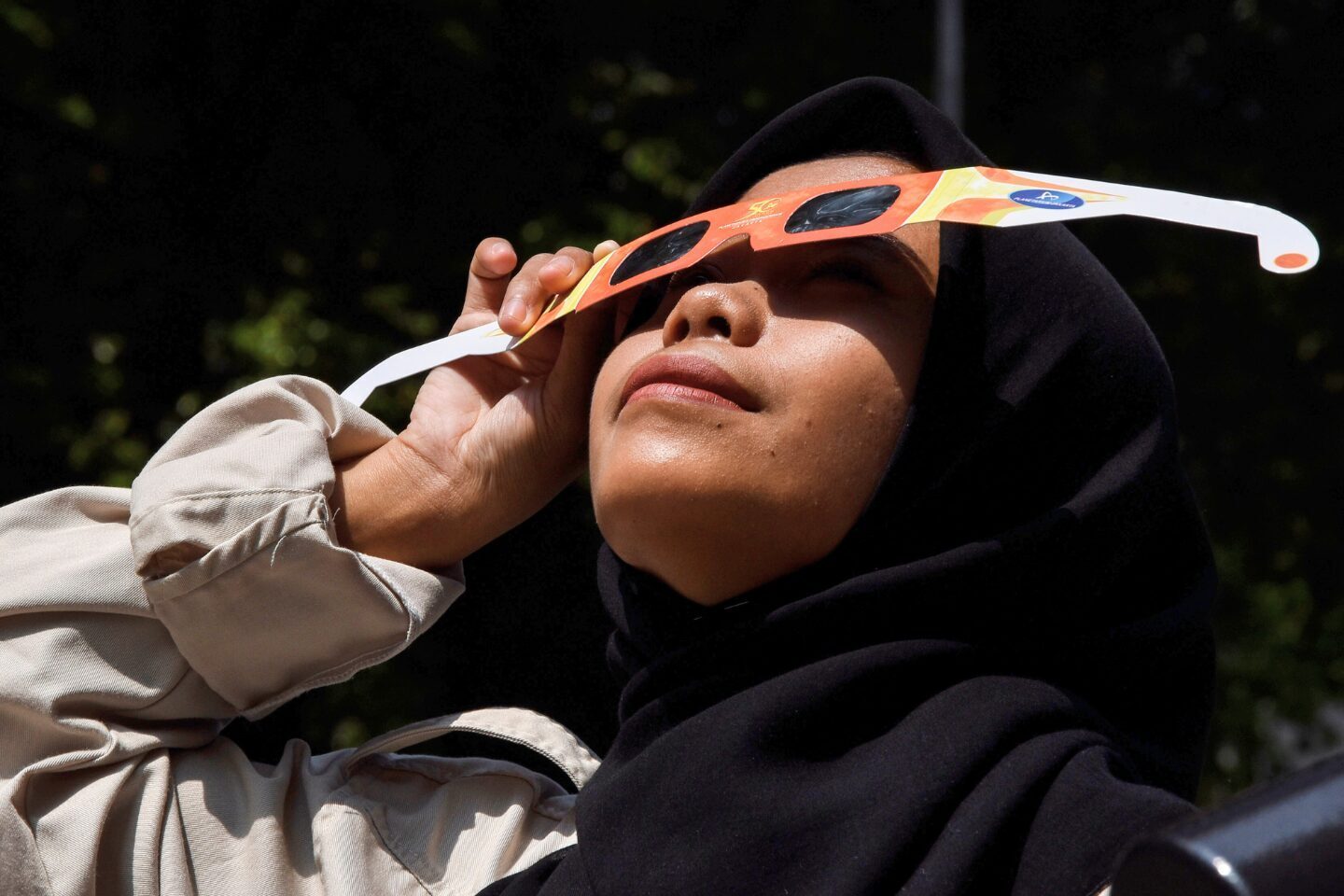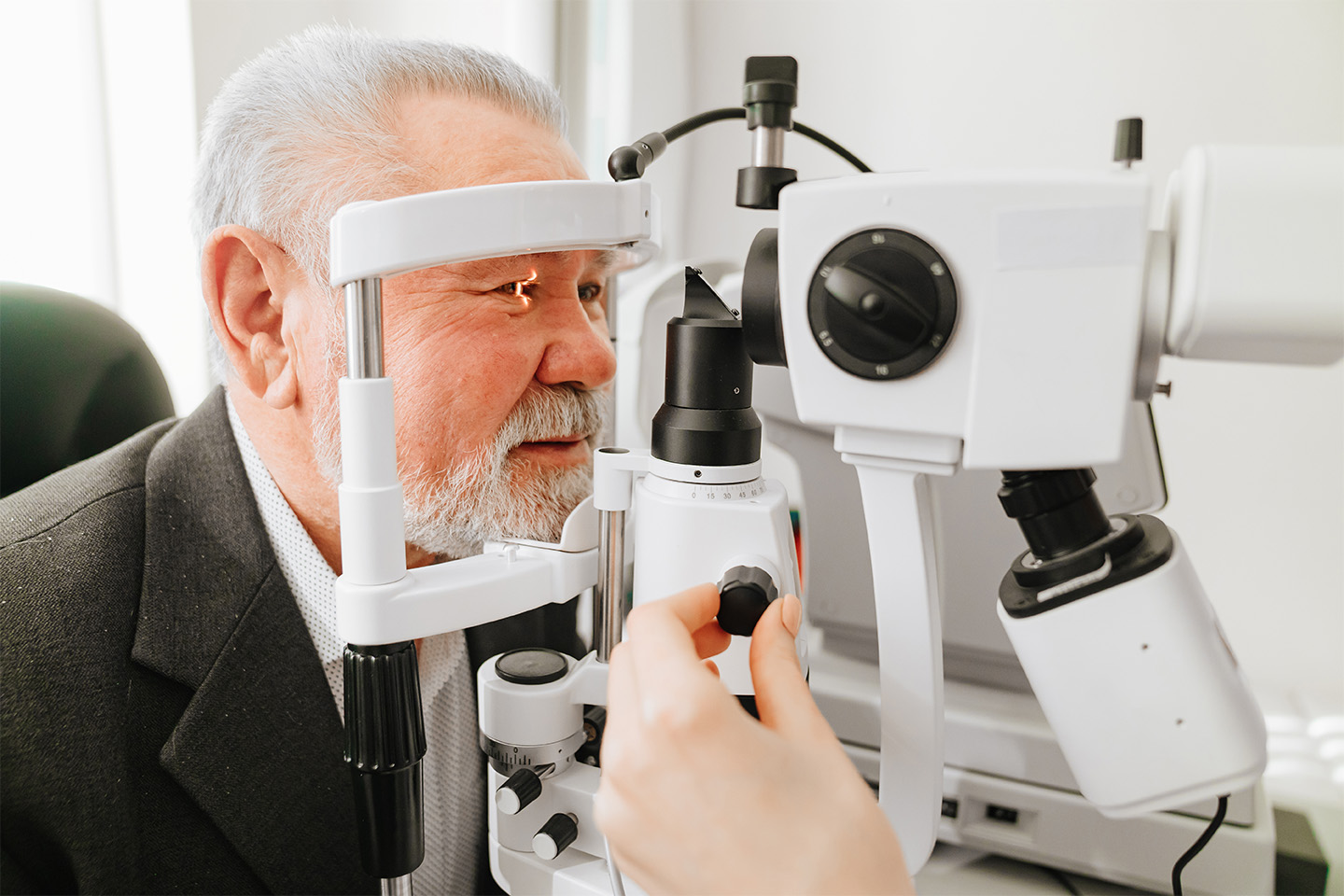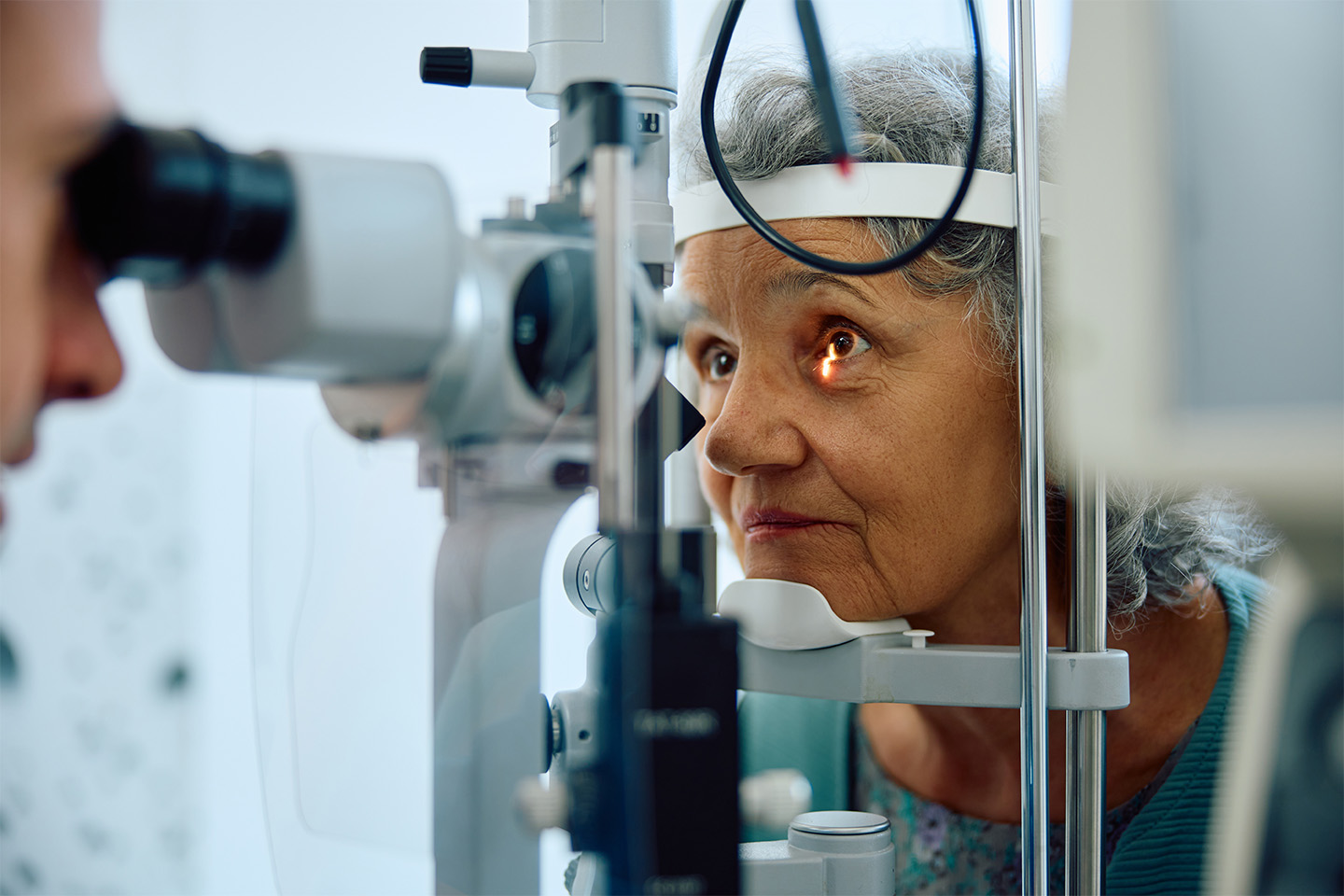Allergy Season Alert: Eye Allergies Causes and Treatment
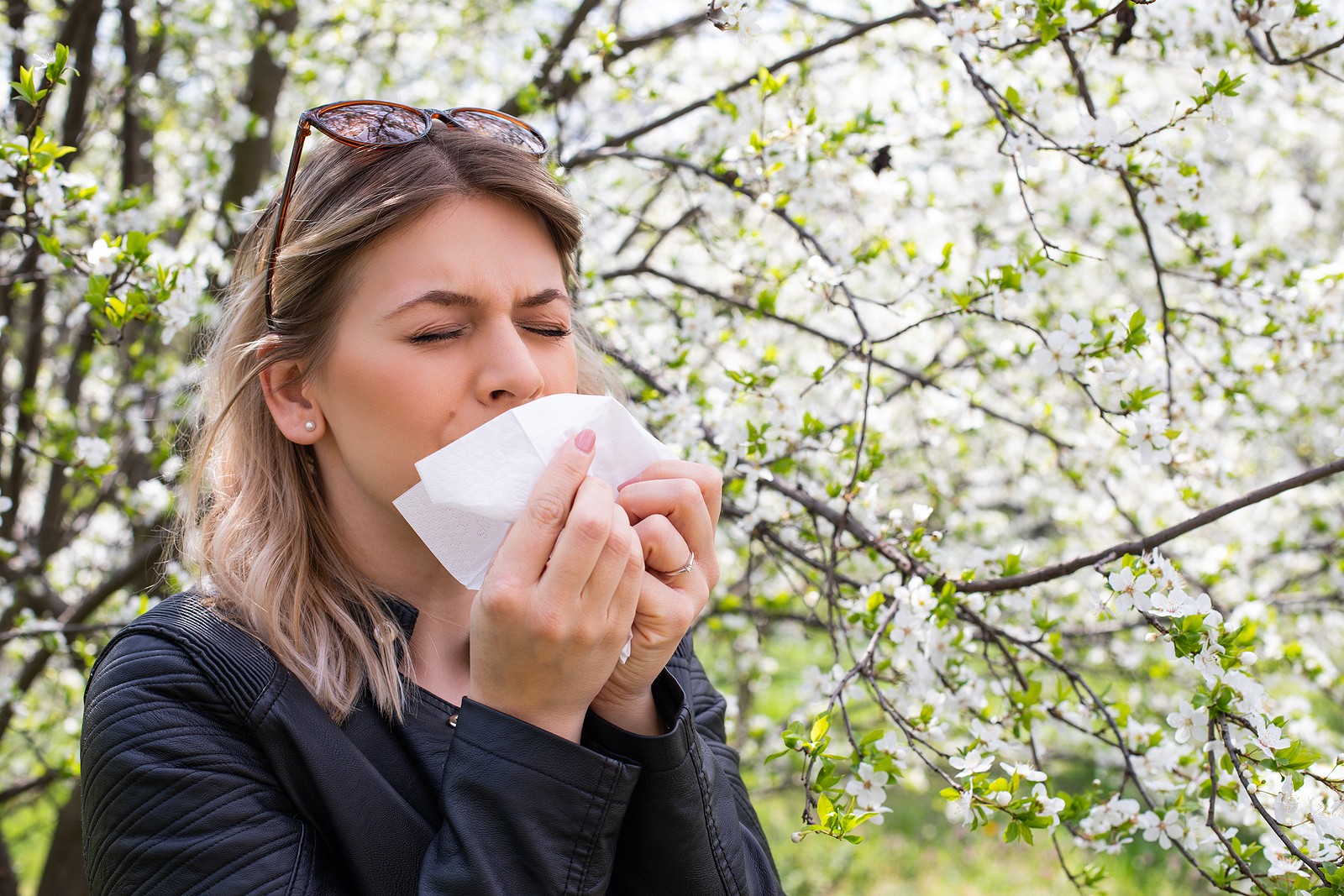
It’s that time of year again — allergy season! And with irritants from pollen to dust — and maybe even mold — your eyes are going to feel the effects. But you don’t have to suffer through it. Prepare yourself for the days and nights ahead with these tips for treating eye allergies from the eye care specialists in Dallas.
What’s Causing Your Eye Allergies?
In order to fight off allergens, you need to know the cause of your discomfort. Technically, allergies are caused by an overreaction of the immune system to non-harmful elements. When the foreign “invader” is detected, your system releases histamines, or inflammatory chemicals, to fight off the substance.
These histamines actually cause the common eye allergy symptoms you’re familiar with, including itching, swelling, redness, burning and pain, watery discharge, and light sensitivity.
Common triggers for eye allergies include:
- Pollen from grass, weeds, and trees
- Dust mites and pet dander
- Mold
Ways to Treat Eye Allergies
There are three main techniques for easing your eye allergies: avoid the allergens, reduce the effects, and incorporate medication.
How to Avoid Allergens
You can avoid allergens by adjusting your surroundings and everyday activities to decrease your exposure in these ways:
- Keep your home and car windows closed during high pollen days. Instead, use the A/C to filter the air.
- Wear sunglasses or glasses when outside to keep pollen out of the eyes.
- Switch to glasses during allergy season, as irritants may accumulate on contacts.
- Use a dehumidifier to prevent mold from growing, especially in areas like the kitchen, bathroom, and basement.
- Use mite-proof protectors for your bedding to avoid prolonged exposure at night.
- Vacuum and mop regularly to control dust and pet dander levels around your home.
Tips for Reducing Eye Allergy Discomfort
There are also a few steps you can take to ease your symptoms when they do begin to take hold.
- Do an eye-safe saline rinse if symptoms are severe. Avoid using tap water.
- Rest with a cold, wet washcloth over your eyes for a few minutes.
- Do not rub your eyes as it will release more inflammatory elements and make you more uncomfortable.
- Use artificial tears 2 to 4 times a day to lubricate your eyes and wash away any irritants or allergens in the eyes.
Medications for Eye Allergies
Allergy medication can help target the symptoms that are impacting your eyes, nose and throat. There are over-the-counter options and prescription medications that your eye doctor may suggest depending on your needs. Keep in mind these medications may cause dry eye, which may increase irritation. Therefore, artificial tears can and should still be used in conjunction with allergy medications.
- Oral antihistamines are common for those with allergies.
- Decongestant eye drops may relieve redness and discomfort, but they should not be used for more than a week and no more than once a day, as it can reverse the effects and worsen redness.
- Antihistamine eye drops can be prescribed, or found over the counter, which can be used once or twice a day to relieve symptoms. Common over the counter brands include Zaditor and Pataday.
- Corticosteroid eye drops may be prescribed for a short period of time to those with chronic allergy symptoms, ranging from moderate to severe.
Taking a proactive approach to allergy season can help you reduce the severity of your symptoms before they begin. If you’ve recently had cataract and LASIK surgery in Texas, then it’s possible that may be the source of some of your dry eye and irritation.
In some cases, allergies can mirror the side effects of more serious eye conditions. If you feel that your symptoms are worsening or persisting for longer than normal, be sure to schedule an appointment with our eye care specialists in Dallas to ensure your eyes are healthy!
